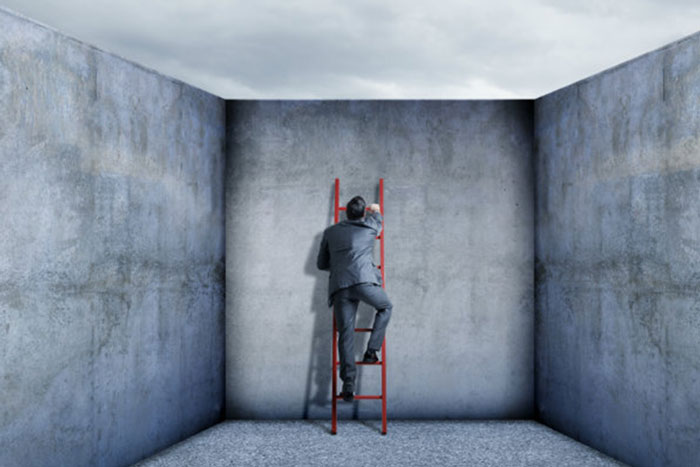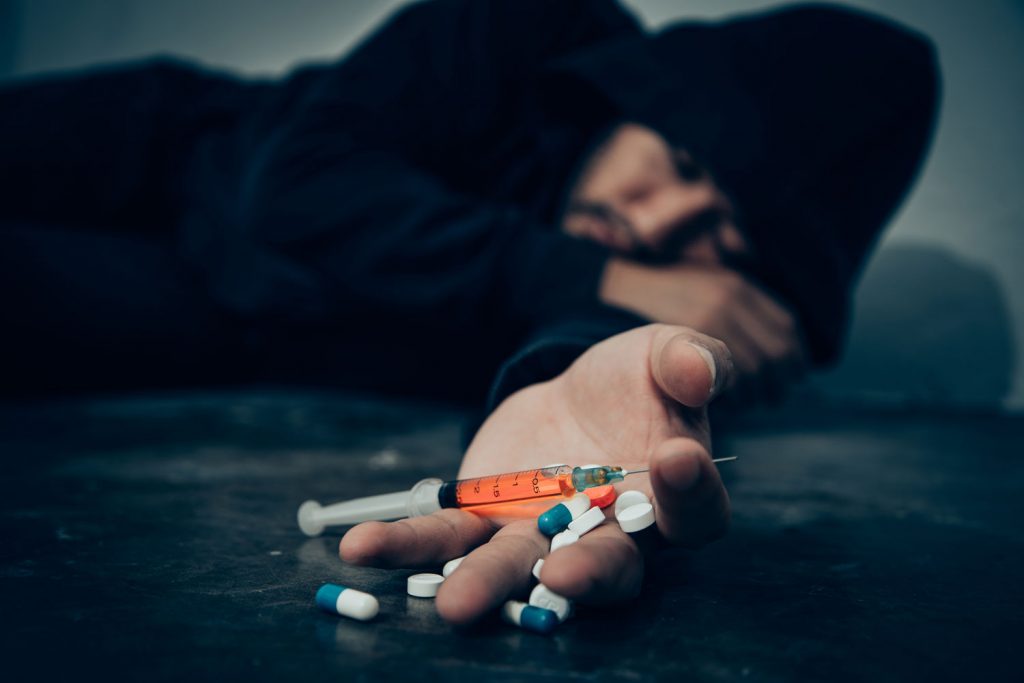If you've never experienced addiction, it can be hard to understand. Everyone's experience with addiction is unique. This article is intended to encourage an understanding of people with addiction, not to represent or stigmatize any individual or groups.
- Many don’t fully understand what it’s like to experience addiction, from developing the illness, to going through withdrawal, to working towards recovery.
- But it’s important we try our best to achieve a greater understanding, so we can best help those who suffer with the disease.
- A common misconception is that addicts are scary and dangerous people—in reality, anybody can become addicted to drugs.
- The disease is also more powerful than most realize: it isn’t just a craving, the substance controls your entire being.
- Furthermore, going through withdrawal and working toward sobriety are both painfully difficult stages of the recovery journey.
- However, recovery is possible; it might take some hard work, but there is hope for life after addiction.
Feeling Apart and Isolated
Imagine, for a moment, that you've never really felt comfortable with who you are. It could be because you feel like you've failed at everything you've tried, or because you were never satisfied with the level of success you did achieve.
None of the things that the people around you enjoy feel good to you, and the experiences that bring others satisfaction are hollow and unsatisfying for you.

Getting Hooked
Then imagine that you have an experience—you drink, take a drug, win a bet or a game, have a sexual experience, overeat, make a large impulse purchase—and suddenly, everything feels great. You feel as if success is easy and right for you, that perhaps others don’t understand, but now it feels good to be alive.
There is finally something you can depend on to be OK. It might be easy to get what feels good: for a person with a food addiction, a quick trip to the corner store and a few dollars can replenish your supply of chips and chocolate.

Experiencing Consequences
Sure, those around you don't understand why you're doing what you are doing. But this just makes you want to spend time with people who do understand, whose addictions make them feel exactly the way you do. You don’t even need to talk about it with them—between you, there is already an understanding. With them, you don’t feel like an outsider, but like a member of a secret club.
The more people criticize you, the more you want to seek comfort in that good feeling you get from your addiction. The more others lecture you about what you should be doing with your life, the more convinced you are that they don’t know what they are talking about.
Sure, you wish what they were saying was true, but underneath, you know that a normal life was never for you. Except you long for a normal life.
You wish that you could take satisfaction in the things that seem to make other people happy, such as graduation, a career, and a family. But to get those things, or to experience them the way you want to, you would have to believe in yourself and that self-belief has always eluded you.

Wanting to Recover, But Feeling Stuck
Most people with addiction struggle with a double life. You try to keep your addiction hidden from most people, most of the time, even when it is quite obvious to those around you.
You have a hard time admitting to yourself that you are a person with addiction because no matter how fleeting, it gives you that brief moment when everything feels okay. You want to free yourself from your addiction and not end up back where you started, with all the losses you have built up while you have been struggling.
Recovery is possible for every person with addiction. But facing the problems that caused the addiction in the first place is scary.
It's difficult to cope with the deep dissatisfaction with your life and to take responsibility for how your behavior affects other people. It means learning how to experience a gentler sense of pleasure in the small things in life and coping with the many challenges and imperfections of life, without retreating back into your addiction. Which means accepting being human, just like everyone else.










